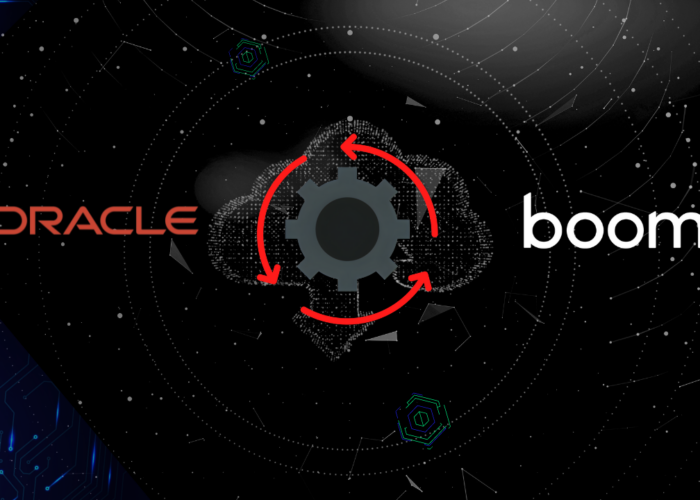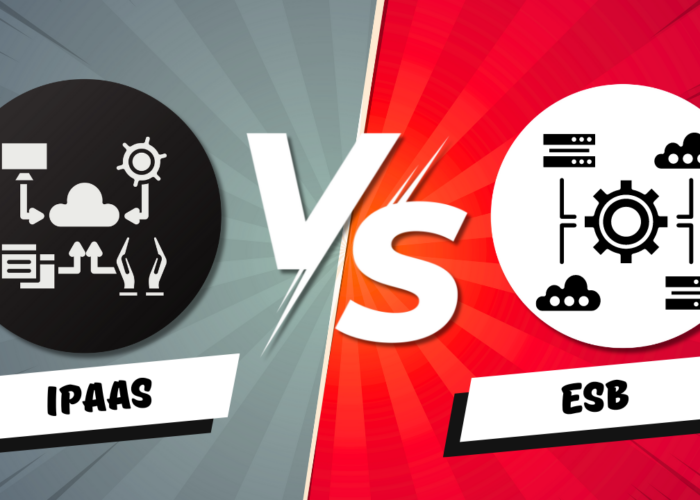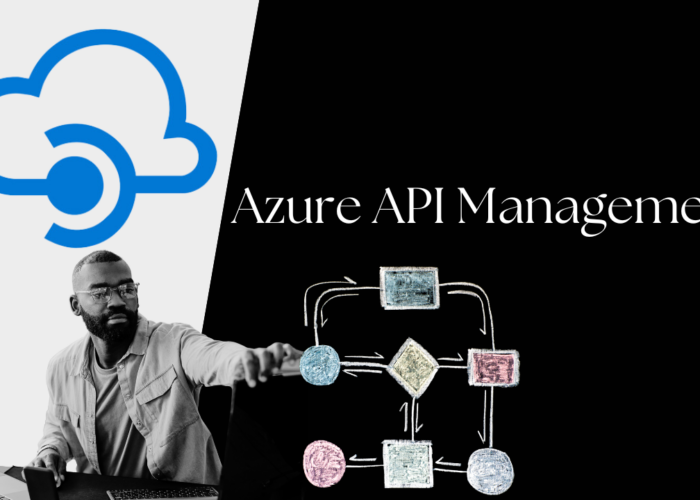Workday
Workday is an enterprise SaaS(Software as a Service) suite that combines Finance, HR, Planning and Analytics into a single solution. The platform provides a solution to most common capabilities within the HR and Finance functions, such as
- Talent Management
- Payroll and Workforce Management
- Human Capital Management
- Spend Management
- Financial Management.
The platform provides many options for extending and customising the capability, one of these options is Workday Extend, which provides the capability to allow customers to build applications and extensions on top of the Workday platform. However, to leverage true value from Workday, the solution should be adopted into the wider enterprise through means of integration in which Workday offers many options.
Integrating Workday
Workday Integration Cloud is the primary offering from Workday for integration purposes. Workday Integration Cloud is essentially an iPaaS (Integration Platform as a Service) offering, consisting of an Enterprise Service Bus (ESB) at its core, with many pre-built connectors and toolkits for common applications and use cases.
Alternatively, an Enterprise-wide solution can be adopted for use with Workday. Either an existing middleware platform, or a new implementation as part of the Workday adoption. There are many factors to consider in the decision for the integration technology, but before that, it is important to lay the correct foundations for the adoption of Workday and plan the integration strategy in advance.
Whilst Workday is a known, trusted platform with many customers, it is critical to assess how Workday is going to work for your organisation. Understanding how existing business processes flow, and how the underlying data is structured will help to plan the adoption of Workday and formulate a strategy for integration. Successful Workday implementations involve production of a target architecture covering Business, Data, Applications and Technology, with a work package breakdown so a phased rollout approach can be adopted.
As with the Workday Platform, the Integration Strategy should also be viewed holistically if possible. This is to maximise opportunities for re-use and reduce the possibility of technical debt or re-work in the future, however, this needs to be carefully balanced with the business benefits of adopting Workday quickly.
Contrary to popular belief, technical debt is not always bad, and best practice isn’t always the “best” for an organisation at a given point in time. What is key, is consciously understanding decisions and having the ability to manage associated risks and issues. To emphasise this, we can explore two main strategies for Workday Integration :-
- Workday-centric
- Adopt Workday quickly, focus on HR and Finance, deliver fast
- Enterprise-centric
- Embed Workday over time, Enterprise governance, “best”-practice
These are purposely opposite ends of the scale, there can clearly be room for a more middle-ground approach, though exploring these extremes can help surface the considerations for integration.
A Workday-centric approach may typically use the Workday Integration Cloud as it’s the path of least resistance to adopting the solution. There may be decisions to create point to point integrations with other applications as it’s usually the quickest approach. In an environment with a small number of applications that are primarily cloud-based or SaaS, then the risks associated with this approach are fairly low. Common concerns to consider are
- Could you be too “locked in” with Workday, and is this a problem?
- If the organisation scales or has an M&A strategy, will this approach make it difficult to scale?
- Can any of the integration work be reused in future?
- Are we handling data correctly or is there potential for duplicate records with this integration approach?
- If we need to change quickly organisationally then will anything we’re doing here prevent us doing that?
- Do we have to adopt Workday-specific integration skills into the organisation?
An Enterprise view may be the best approach if you have many other applications and functions to consider and deal with large complex data structures and business processes. There may be trade-offs in terms of the ability to adopt and make use of Workday quickly, depending on how mature the integration strategy already is.
Key Benefits
Some of the key benefits of integrating your Workday implementation with the rest of your application portfolio are:
Integrated Joiners, Movers & Leavers process in the organisation
Making employees productive faster when they join and unproductive faster when they leave
Ability to use the HR hierarchy or structure as the basis for approval chain and organisational hierarchies elsewhere in systems in the organisation
Ability to leverage HR data elsewhere in the organisation in management of skills and competencies and spend management


Common Mistakes
The clearest common mistake is only assessing the integration of the Workday application without understanding if this is the best approach for the organisation. HR and Finance Data are two of the most common data sets, yet it’s likely there are many other systems that have a dependency or feed-into HR and Finance. Dealing with these systems as an afterthought will likely lead to complications further down the line.
Either not understanding business processes or attempting to understand them too late in the process is also a common issue when looking into Workday implementations. If the process design with integration points is not performed upfront, then there is a significant risk of either delayed implementations or adopting processes that aren’t the best fit for the organisation.
Not considering existing middleware/integration products is also a common mis-step. There is a possibility that Workday be procured and implemented departmentally without knowledge of existing integration platforms or capabilities within the organisation. This could lead to adoption of multiple integration technologies and capabilities.
Finally, it is extremely common to have a lack of skills in this area. It is unlikely that upon adopting Workday, there happens to already be Workday integration specialists in the organisation. The issue here is not only the lack of skills to tackle the integration, but the ability to find the required skills in order to achieve the best solution for your organisation. It can be extremely common to search for “Workday Integration” specialists or partners, which is fine if decided organisationally that a Workday-centric approach is required. However, the problem with looking for Workday Integration specialisms is that the solution will be by default Workday-centric. If it’s not clear what is needed to adopt Workday, then the best course of action would be to use an agnostic partner that can take the business requirements and utilise Workdays specialities when required as opposed to a technology-centric approach.


How Can Chakray Help?
Chakray is a vendor-agnostic transformation partner that can perform the adoption of Workday to get the best results for your organisation, utilising Workday specialists as and when required. We are driven by outcomes and success at a business level but with a high degree of experience and capability with many technologies including Workday.
Get in touch
Talk to our experts
Contact our team to discuss your initiatives and find out how Chakray can help deliver your successful outcomes.
Get in touch










